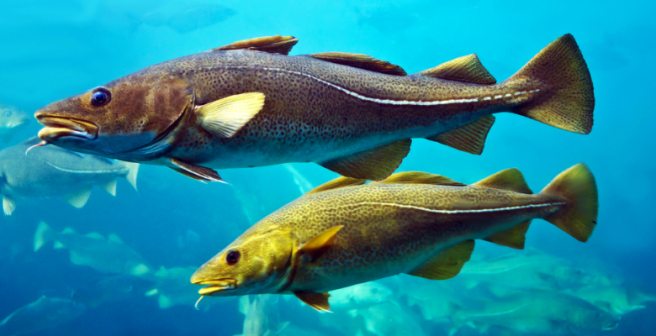Exposure to crude oil causes heart and skull deformities in haddock

A team of scientists from Norway and NOAA Fisheries’ Northwest Fisheries Science Center in Seattle studied the effect of oil spills on the haddock, cod, and pollock species of fish. They discovered that the polycyclic aromatic hydrocarbons (PAHs) in crude oil not only affected the development of the heart in fish but also led to extreme craniofacial deformities. Embryonic haddock were found to be extremely sensitive to early exposure to crude oil. Even embryos exposed to low concentrations of dispersed oil for mere 24 hours triggered deformities in the fish. According to John Incardona, a research toxicologist at Northwest Fisheries Science Center, “The dispersed droplets of crude oil act like a kind of toxic time-release capsule that binds to the eggshells and leads to these extreme abnormalities.” In comparison to other fish eggs, haddock eggs are particularly susceptible to the adverse effects of crude oil, which researchers think is because of the protein composition in them. The researchers stated that haddock belong to a large order of fish i.e. the gadiformes, which includes other important species such as Arctic cod and pollock. Therefore, it is likely that oil exposure would have a similar effect on these species as well.
Read more in Science Daily.



